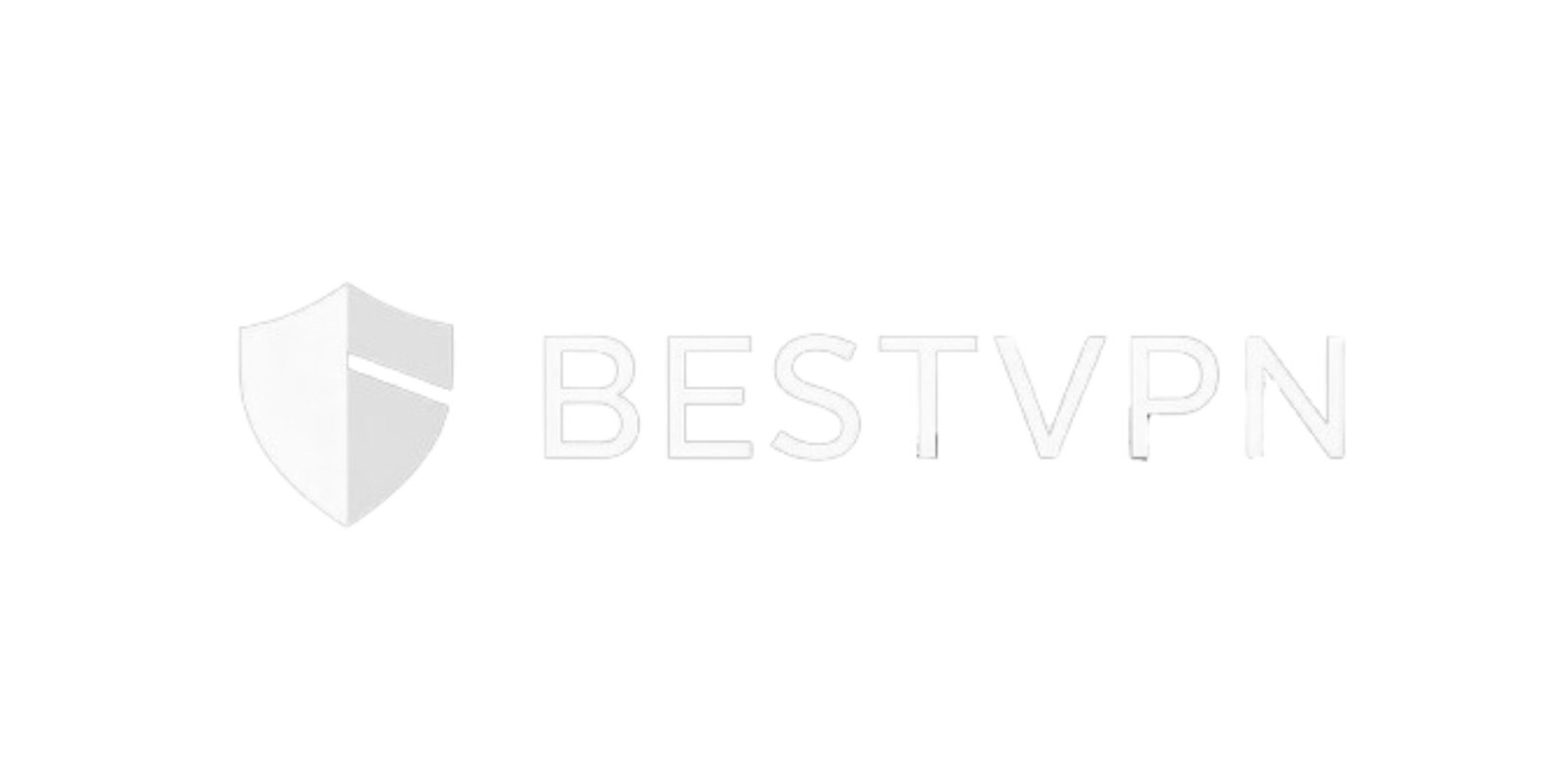
We thoroughly test every VPN before recommending it. In this guide, you’ll learn about our testing lab, how we evaluate VPNs, how our rating system works, and why you can trust our process.

All 61 VPNs on our site go through our rigorous and fair testing system. This ensures accuracy and comparability of our results. We designed this system to recommend only the best VPNs.
We choose VPNs based on app store data, expert recommendations, and popularity. Our testing process is fully transparent—each review includes a breakdown of ratings, and our findings can be replicated.
At Top10VPN.com we pride ourselves on genuine, 100% editorial independence. What does that mean?
Unlike many other VPN review websites, we are independent and separate from all VPN providers. There’s no financial influence affecting our reviews.
We focus entirely on VPNs, online privacy, and security. This means we dedicate all our time and resources to providing the best VPN reviews and advice.
To ensure full impartiality, we buy every VPN subscription ourselves. Since 2016, BestVPN has spent over $25,000 on VPN subscriptions alone.
Our work is completely funded by our readers. If you want to know how we make money, we provide full transparency.
Our reviews and guides are written by VPN experts with years of experience in cybersecurity and tech reviews.
Simon Migliano – Cybersecurity researcher, featured in top news publications.
JP Jones – 25+ years in software engineering and network security.
Callum Tennent – Product testing expert, specializing in unbiased evaluations.
We also have an in-house team of engineers, data analysts, and web censorship specialists who support our testing process.
Unlike many other VPN review sites, we conduct our own tests to assess performance. Our reviews are based on real-world testing using primary and third-party tools.
For example, we developed a custom VPN kill switch testing tool to analyze security flaws. Some VPNs, like PrivateVPN, have used our findings to improve their security.
You can find more details about our VPN testing methodology on this page.
VPN performance changes frequently. A VPN that unblocks Netflix today might not work next week. VPN providers also add new features to address security threats.
To keep our reviews accurate, we continually retest VPN services and update our content weekly. An initial review may take 40+ hours, but we spend many more hours each month keeping it updated.
Our experts frequently retest speeds, verify streaming access, and update pricing and security data to keep our information relevant.
To ensure fairness and comparability, we test all VPNs in a controlled environment. Each VPN is tested hands-on from New York using standardized hardware and the latest OS versions.
Additionally, every VPN is tested in an independent virtual machine to prevent interference from other software. This ensures accurate and consistent results.
Here’s a list of some of the test devices we use:
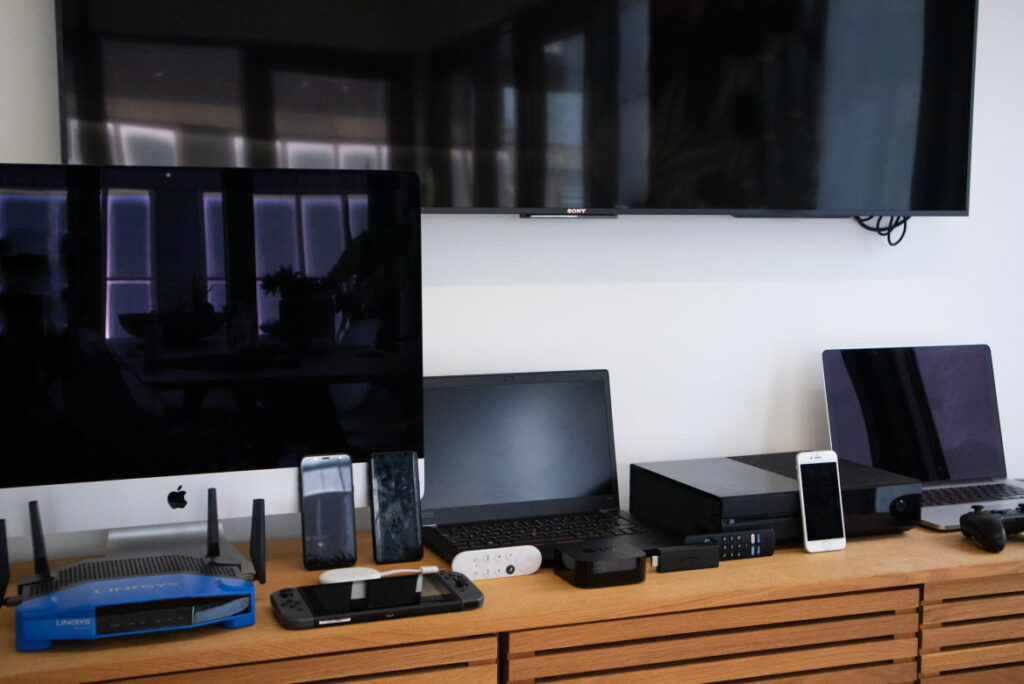
Using the same devices helps us isolate VPN performance from device-specific issues.
We use two rating categories: Overall Ratings and Use Case Ratings.
These ratings evaluate VPNs based on a fixed set of criteria that apply to all users. Use case ratings assess VPNs for specific needs, such as streaming or security.

A VPN’s logging policy is critical. Too much logging can expose your data if a hacker or court accesses the VPN’s servers.
We carefully read every VPN’s logging policy.
We analyze what data is stored and for how long.
We examine the VPN’s jurisdiction and any privacy risks.
We assess privacy-enhancing features, such as diskless servers.
To ensure accuracy, multiple testers review each policy independently.
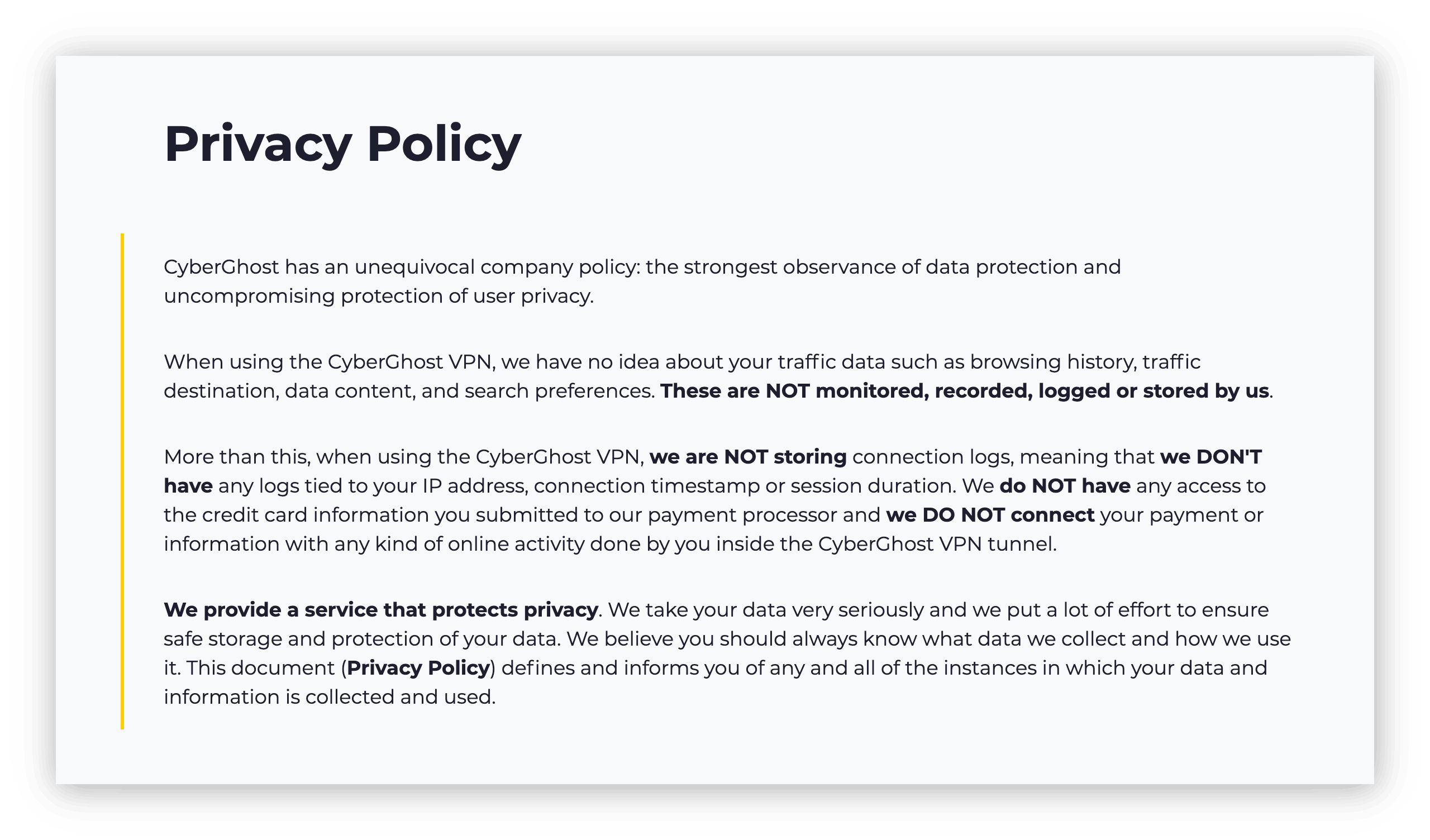
We use a custom-built calculator to provide accurate and objective ratings.
We use a custom-built rating system:
Data Logged (60%) – The less data logged, the better.
History (20%) – Past privacy incidents impact the score.
Jurisdiction (10%) – Some countries have strict data laws.
Trustworthiness (5%) – Based on audits and past behavior.
Privacy Features (5%) – Includes diskless servers and encryption.
Each VPN starts with a 10/10 rating, and points are deducted based on privacy risks.
0.1 – 3.0: Logs large amounts of personal data; high risk.
3.1 – 5.9: Logs more than ideal; jurisdiction may be a concern.
6.0 – 7.9: Some privacy concerns, but acceptable.
8.0 – 9.4: Strong privacy measures, minimal logging.
9.5+: Best-in-class privacy; independent audits confirm security.
Streaming performance measures how well a VPN can unblock geo-restricted content on platforms like Netflix, BBC iPlayer, and Hulu.
We connect to a VPN server in the target region and try to stream content. We check if the video loads, the audio and video sync correctly, and there are no interruptions.
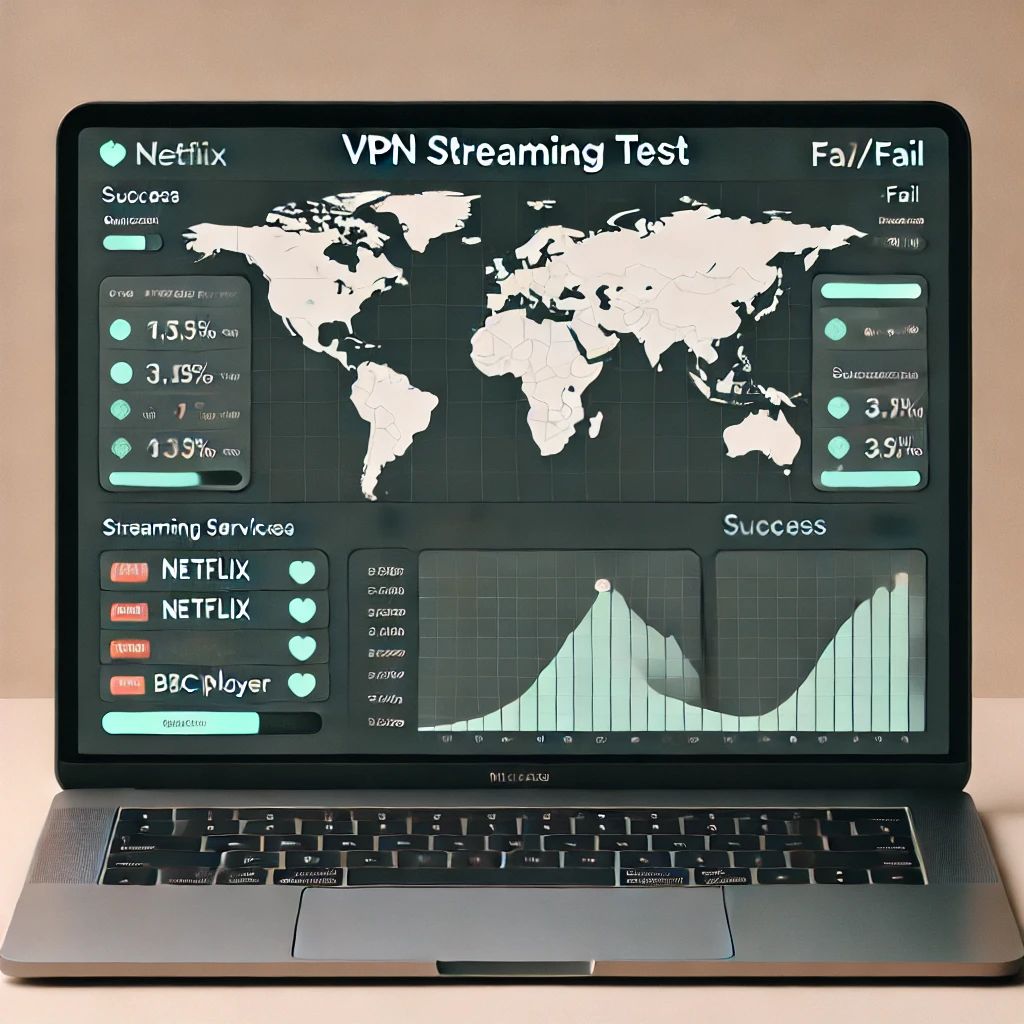
We have accounts with 120 global streaming services. Popular services like US Netflix and BBC iPlayer are tested weekly. Less popular platforms are tested monthly. We track each VPN’s success rate over three and 12 months to measure reliability.
Regularly Tested Streaming Services:
Here is the scoring system we use to calculate a VPN’s streaming rating:
We also factor in video quality, load time, and buffering to determine a VPN’s final score.
A VPN’s speed affects how quickly you can browse, download, and stream content.
We measure speeds using our in-house speed test tool on a 100Mbps connection. We test servers in 8 countries across 5 continents:
US (West & East Coast)
Australia
Brazil
Canada
Germany
Japan
South Africa
UK
Each location is tested three times a week for a month to ensure accuracy.
We input the raw speed data into our custom calculator, which calculates an overall speed rating.
This category is divided into the following subcategories:
Scoring Breakdown:
0.1 – 3.9: Very slow, 80%+ speed reduction.
4.0 – 4.9: Slow, 60-80% speed reduction.
5.0 – 6.9: Average, 30-60% speed reduction.
7.0 – 8.9: Good, 10-30% speed reduction.
9.0 – 9.8: Excellent, minimal speed loss.
9.9 – 10.0: Outstanding, almost no speed loss.
A VPN should provide a secure, encrypted connection to protect user privacy.
We use tools like Wireshark to verify encryption and analyze traffic.
AES-256 or ChaCha20 encryption is preferred.
OpenVPN, WireGuard, or IKEv2 are the safest protocols.
We also check:
IP & DNS Leak Protection
VPN Kill Switch Effectiveness
Ad & Tracker Blocking
How We Rate
0.1 – 3.0: Major security flaws, logs data, leaks IP/DNS.
3.1 – 5.9: Outdated encryption or leaks detected.
6.0 – 7.9: Functional but lacks advanced features.
8.0 – 9.4: Strong security with robust encryption.
9.5+: Best-in-class security, multiple audits, zero leaks.
The number of server locations impacts content accessibility and connection speeds.
How We Test
We examine each VPN’s server list and document:
Total server count
Number of available countries
City-level locations
How We Rate
0.1 – 0.9: Single fixed server location.
1.0 – 5.9: 2-6 country locations.
6.0 – 6.9: 6-12 country locations.
7.0 – 7.9: 12-20 country locations.
8.0 – 8.9: 21-40 countries.
9.0 – 9.9: 40+ countries, up to 1,000 servers.
9.9 – 10.0: 40+ countries, 1,000+ servers, 20+ city-level locations.
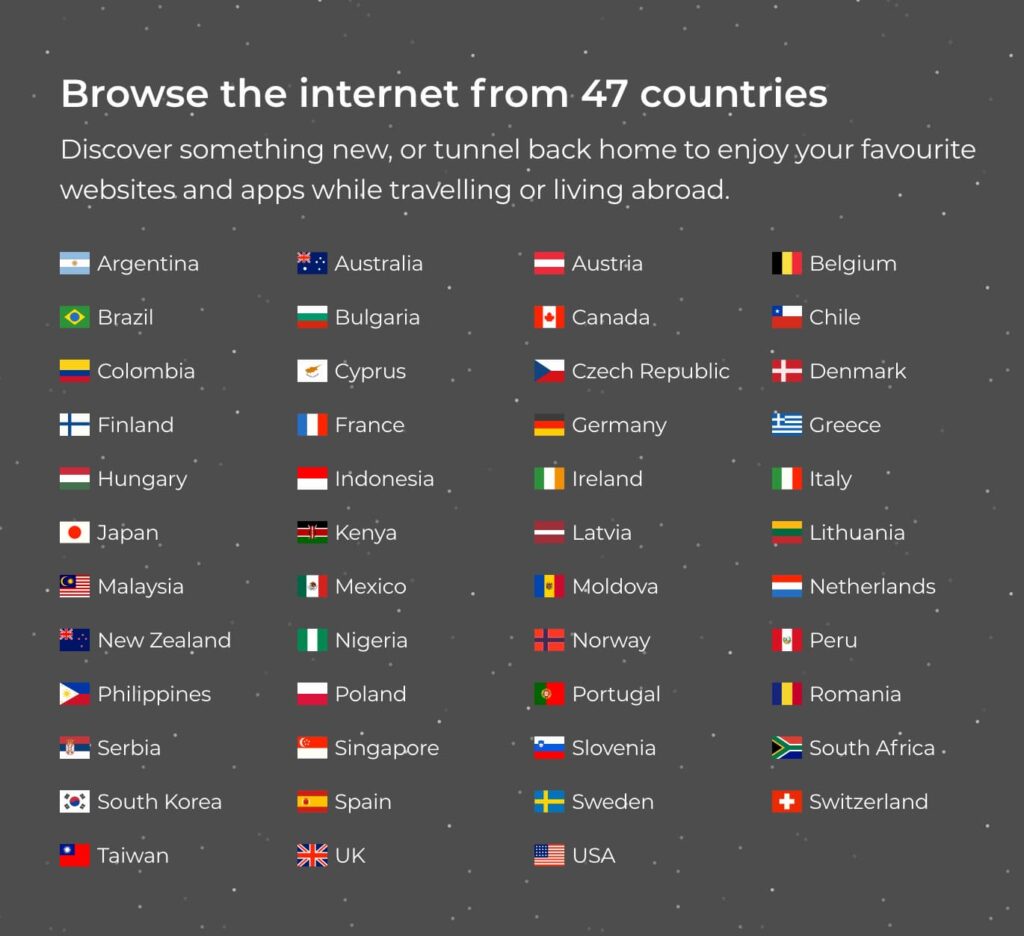
A VPN should be easy to use across multiple devices.
How We Test
Ease of installation
App navigation and design
Clarity of labels and settings
Bug-free operation
Platform support (Windows, macOS, iOS, Android, Linux, Fire TV, routers)
How We Rate
0.1 – 3.9: Hard to install, full of bugs.
4.0 – 6.9: Functional but has usability issues.
7.0 – 8.9: User-friendly, minor improvements needed.
9.0 – 10.0: Extremely intuitive, seamless across platforms.
We test how well a VPN can protect your P2P file-sharing activity from your ISP and other third parties while maintaining fast download speeds.
We run controlled tests using a 10MiB/s internet connection and a Windows virtual machine. We download a 1GB torrent file from a private tracker while connected to the nearest VPN server.
We use qBittorrent to ensure consistent results, testing speeds and security features.
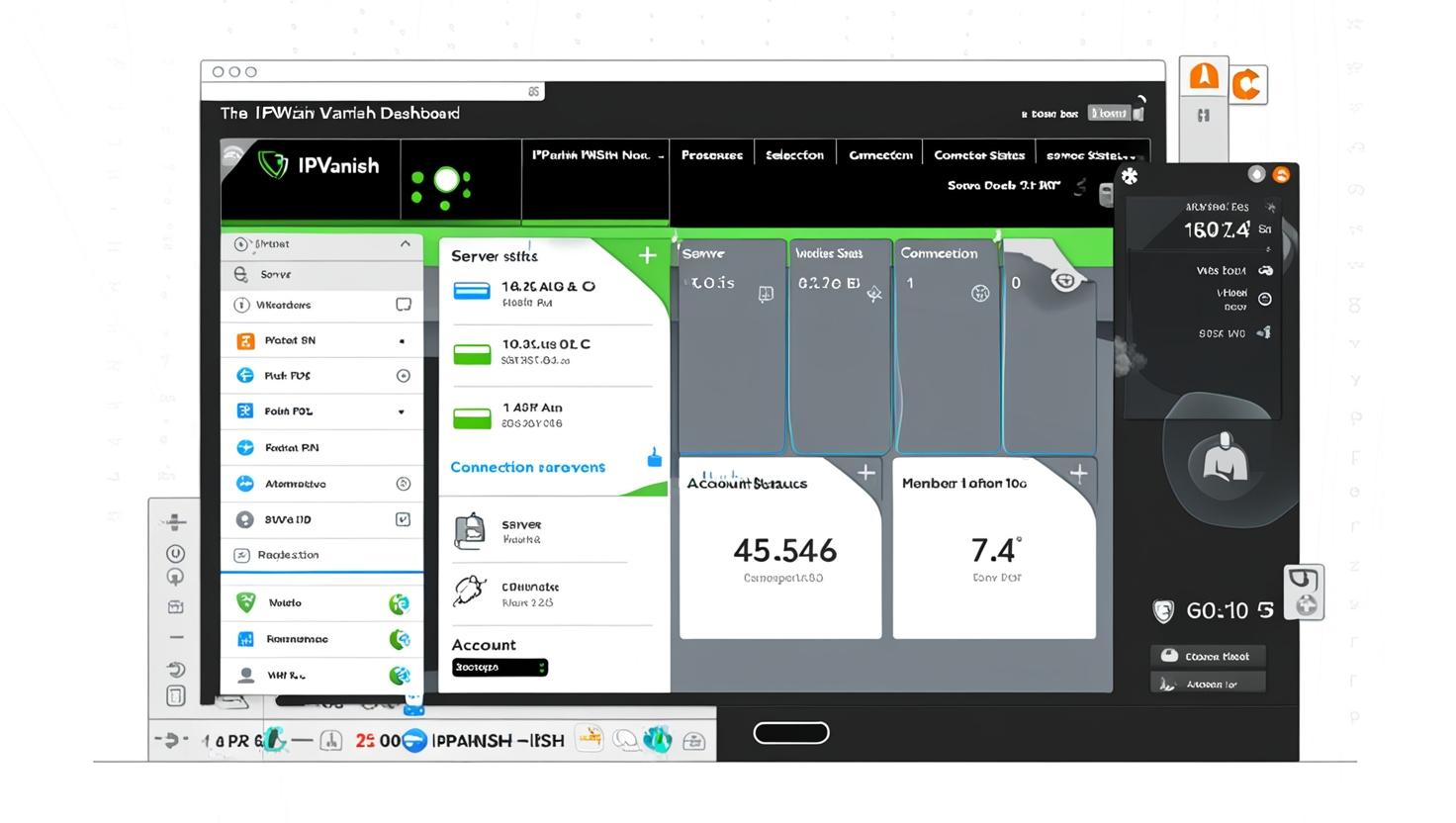
We evaluate torrenting performance using five key criteria:
Speed (3.0 points): Measures download speed while torrenting.
Security & Features (2.0 points): Taken from the VPN’s security review.
Logging Policy & Past Behavior (2.0 points): Evaluates privacy policies.
Server Network & P2P Support (2.0 points):
10 points: P2P allowed on all servers.
7.5 points: P2P servers in most locations.
5.0 points: Limited P2P support.
Below 2.5 points: Few or no P2P servers.
Extra Features (1.0 points):
1.0 points: Kill switch + port forwarding.
0.5 points: One of the two.
0.0 points: Lacks both.
A VPN should work across all your devices. If it doesn’t support a key platform, it may not be useful.
We install and test VPN apps on various devices and platforms. Our process includes:
Installing dedicated apps.
Setting up manual configurations.
Verifying Smart DNS for streaming devices.
Testing VPN routers.
Checking simultaneous connection limits.
Key Platforms (4.0 points): 1 point each for Windows, macOS, iOS, Android.
Streaming Devices (2.6 points): 1.0 for Fire TV, 0.8 for Android TV, 0.8 for Apple TV.
Browser Extensions (0.5 points): Chrome and similar browsers.
Smart DNS (1.5 points):
1.5 points for full multi-country support.
1.0 points for single-country Smart DNS.
0.5 points for limited support.
Router Support (1.0 points):
1.0 points for a dedicated router app.
0.75 points for router app only.
0.5 points for pre-flashed router support.
0.1 points for manual setup.
Simultaneous Connections (0.5 points):
Full points for unlimited or 21+ devices.
0.45 points for 11-20 devices.
0.4 points for 6-10 devices.
0 points for 5 or fewer devices.
Some VPNs offer extra tools that improve privacy, security, and convenience.
We conduct hands-on testing of additional features across all available platforms to verify their usability and effectiveness.
VPN Obfuscation (3.0 points): Based on the VPN’s ability to bypass strict censorship (e.g., in China).
Split Tunneling (1.5 points): Full points for app-level inclusion/exclusion.
Ad/Tracker Blocking (0.8 points): Measured by blocking effectiveness.
Multi-Hop (1.5 points): 1.5 points for double encryption.
Live Chat (1.0 points): 24/7 live support earns full points.
Dedicated IP (0.6 points):
0.6 points if included.
0.5 points if available for an extra fee.
Static IP (0.4 points):
0.4 points if included.
0.3 points if available for an extra fee.
Password Manager (0.4 points): Full points if included.
Tor Over VPN Servers (0.4 points): Full points if available.
GPS Spoofing (0.2 points): Full points if available.
SOCKS5 Proxy (0.2 points): Full points if available.
For specific needs like streaming, gaming, or privacy, we adjust our rating criteria to reflect the most relevant factors. This ensures our recommendations are tailored to different user requirements.
Our methodology adapts depending on the category, but always follows strict, data-driven evaluation processes.
In scenarios where use case ratings are applied, we explain the testing and scoring methodology directly on the page.